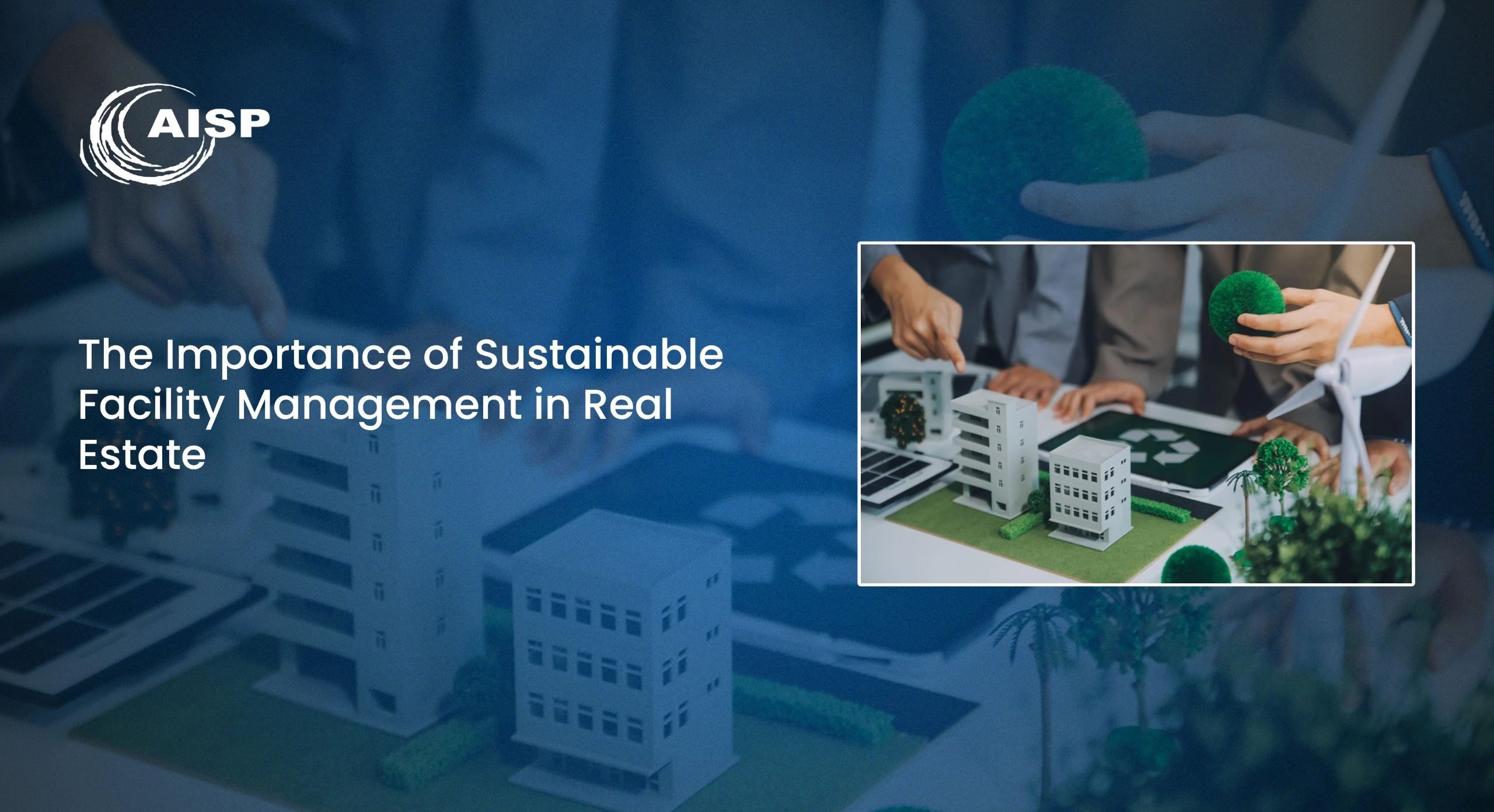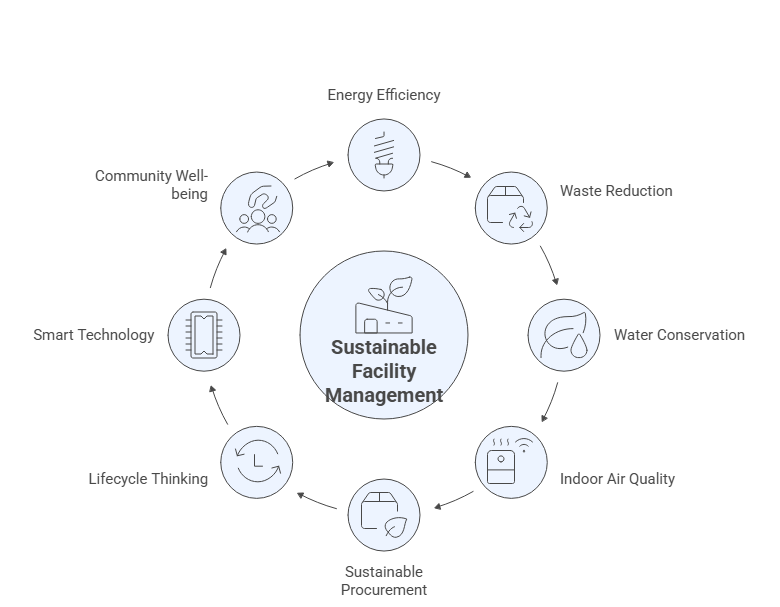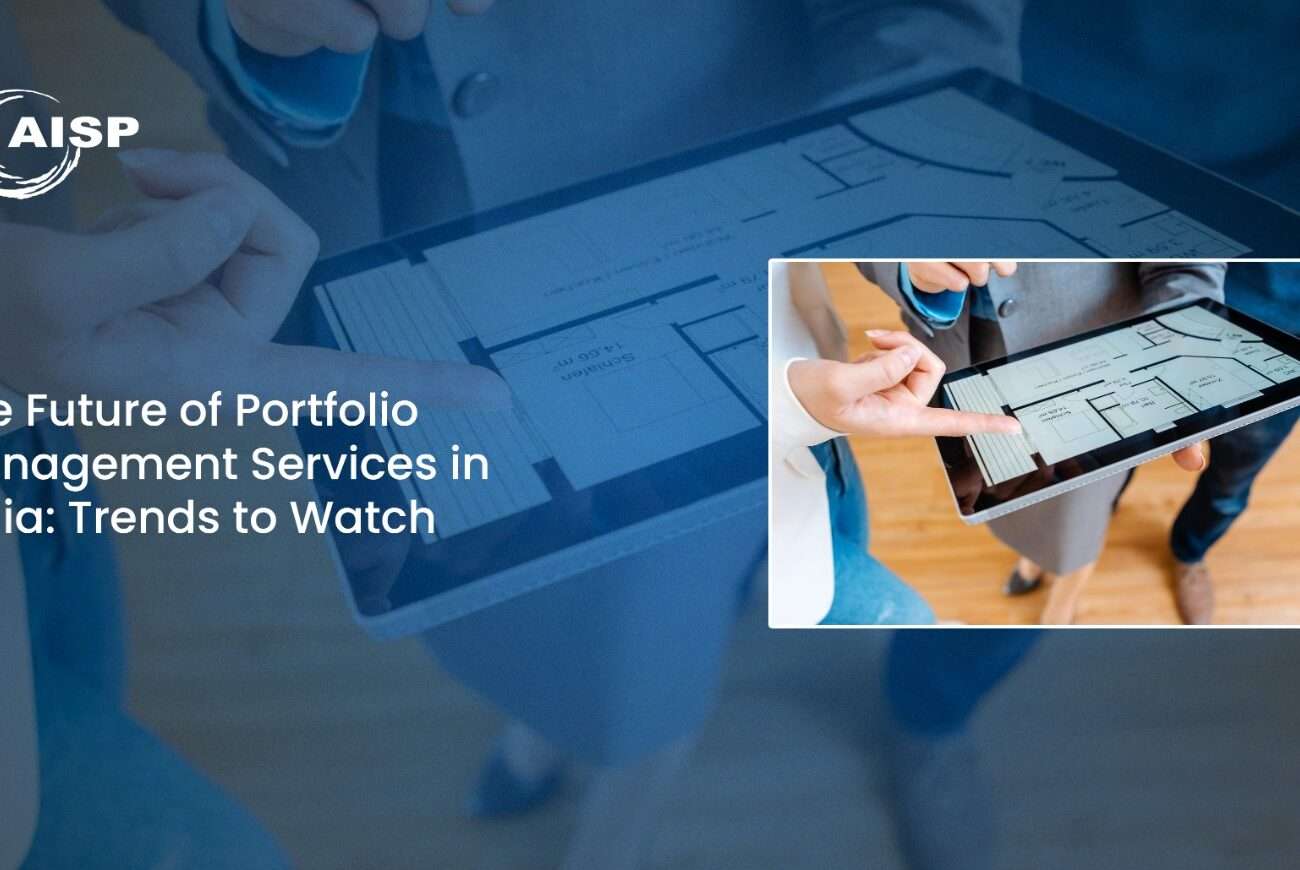
The Importance of Sustainable Facility Management in Real Estate
Introduction to Sustainable Facility Management
The real estate sector is rapidly evolving, and one of the biggest shifts we see today is the growing emphasis on sustainability. As buildings become smarter and more energy-efficient, the concept of sustainable facility management has taken centre stage. But what does it really mean?
Sustainable facility management refers to managing and maintaining properties in ways that reduce environmental impact while improving efficiency and long-term value. It combines modern technology, smart planning, and eco-conscious practices to create spaces that not only function better but also contribute to a healthier planet.
Moreover, sustainable facility management doesn’t just benefit the environment. It helps businesses achieve cost savings, attract eco-conscious tenants, and improve brand reputation.
As India’s real estate landscape continues to expand, adopting sustainable facility management practices can set new benchmarks for responsible development. It’s not only about creating beautiful spaces but ensuring those spaces remain efficient, functional, and future-ready for years to come.
Why Sustainable Facility Management Matters in Real Estate?
Sustainable facility management is now a key pillar in real estate development. It focuses on creating buildings that are energy-efficient, environmentally friendly, and cost-effective to maintain.
With rising awareness about sustainability, developers and property owners are adopting sustainable facility management to reduce energy and water consumption, minimise waste, and improve indoor environments. These practices not only cut operational costs but also enhance property value and attract responsible tenants.
In short, sustainable facility management bridges business efficiency with environmental responsibility, making real estate smarter, greener, and future-ready.
Balancing Efficiency and Responsibility
Modern real estate projects demand more than aesthetic appeal or comfort. They need systems that work efficiently while respecting environmental limits. By integrating smart technologies, energy-efficient lighting, and eco-conscious materials, facility management teams ensure that buildings perform well without overusing resources.
This balanced approach supports long-term savings, reduces maintenance hassles, and builds trust among clients who value sustainable choices. Ultimately, it’s about designing spaces that serve both people and the planet, responsibly and effectively.
Key Principles of Sustainable Facility Management

1. Energy Efficiency
Using energy-smart systems like LED lighting, motion sensors, and solar panels reduces consumption and lowers long-term costs while supporting environmental goals.
2. Waste Reduction and Recycling
Managing waste effectively through segregation, recycling, and composting ensures that minimal waste reaches landfills, creating a cleaner and greener environment.
3. Water Conservation
Installing low-flow fixtures, rainwater harvesting systems, and water recycling technologies helps in saving water and maintaining sustainable usage levels.
4. Indoor Air Quality
Proper ventilation, regular maintenance of HVAC systems, and the use of non-toxic materials improve air quality, making indoor spaces healthier for occupants.
5. Sustainable Procurement
Choosing eco-friendly, durable, and locally sourced materials supports sustainable development while reducing the carbon footprint of construction and maintenance.
6. Lifecycle Thinking
Sustainable facility management focuses on the entire lifespan of a building, from design and construction to operation and renovation, ensuring long-term efficiency and minimal waste.
7. Smart Technology Integration
Adopting digital tools like Building Management Systems (BMS) and IoT-based monitoring enhances energy performance and predictive maintenance.
8. Community and Employee Well-being
Creating safe, comfortable, and inclusive workspaces contributes to overall sustainability by improving productivity and satisfaction among occupants.
Benefits of Sustainable Facility Management
Implementing sustainable practices provides both economic and environmental advantages.
- Reduced Operational Costs: Sustainable systems such as LED lighting, solar energy, and efficient plumbing lower monthly expenses.
- Enhanced Asset Value: Green-certified properties command higher market prices and attract quality tenants.
- Regulatory Compliance: Following environmental norms ensures easy approval for real estate projects and reduces the risk of penalties.
- Stronger Brand Reputation: Organisations that prioritise sustainability are often seen as more trustworthy and forward-thinking.
- Improved Workplace Environment: Cleaner air, natural light, and comfort-focused spaces increase employee productivity and satisfaction.
Implementing Sustainable Practices in Facility Management
Adopting sustainability doesn’t always mean large investments, it often starts with awareness and small steps.
- Conduct Energy Audits: Regular assessments reveal where resources are wasted and help plan improvements.
- Upgrade Systems: Replace old lighting, HVAC, and plumbing systems with modern, energy-efficient versions.
- Use Smart Monitoring Tools: Automated systems can monitor real-time energy and water consumption, making it easier to manage resources.
- Engage Employees and Tenants: Encourage small actions like switching off unused equipment or using natural light whenever possible.
- Maintain Regular Inspections: Preventive maintenance reduces energy loss and extends the life of systems.
These steps, when followed consistently, can bring measurable changes to operational efficiency and environmental performance.
The Future of Sustainable Facility Management
Data, technology, and innovation drive the future of sustainable facility management. With the help of IoT sensors and AI-based analytics, facilities can now predict system failures, monitor energy in real time, and make informed decisions automatically.
The demand for green buildings in India is also increasing rapidly. Real estate developers and facility managers who adapt early to sustainable operations will not only comply with future regulations but also build long-term business resilience.
In essence, sustainability is now central to growth, not a trend but a necessity for the future of real estate.
AISP’s Initiative Towards Sustainable Facility Management in Real Estate
At AISP Project Management Private Limited, sustainability is not an additional service; it is an integral part of how we operate. Our approach to sustainable facility management combines innovation, data-driven insights, and environmental responsibility to create lasting value for clients across hospitality, commercial, and mixed-use projects.
We focus on developing real estate solutions that optimise resource consumption without compromising comfort or aesthetics. From energy-efficient design planning to implementing renewable energy systems and water-saving mechanisms, every project we manage reflects our commitment to sustainable progress.
AISP also invests in advanced monitoring technologies that help clients track energy, water, and waste performance across their facilities. Our team works closely with architects, engineers, and sustainability experts to ensure that every property not only meets current green standards but also remains future-ready.
Final Thought
Sustainable facility management is the foundation of modern real estate. It makes properties efficient, cost-effective, and environmentally responsible while improving comfort and longevity. By focusing on smart design, conscious resource use, and innovation, facility managers can build spaces that serve people better and protect the planet at the same time.
By promoting long-term operational efficiency and responsible infrastructure, AISP continues to redefine how real estate projects in India can balance growth with environmental care. Our aim is simple: to make sustainability a practical, profitable, and permanent part of modern facility management.
It’s not just about managing buildings anymore; it’s about managing them responsibly.




